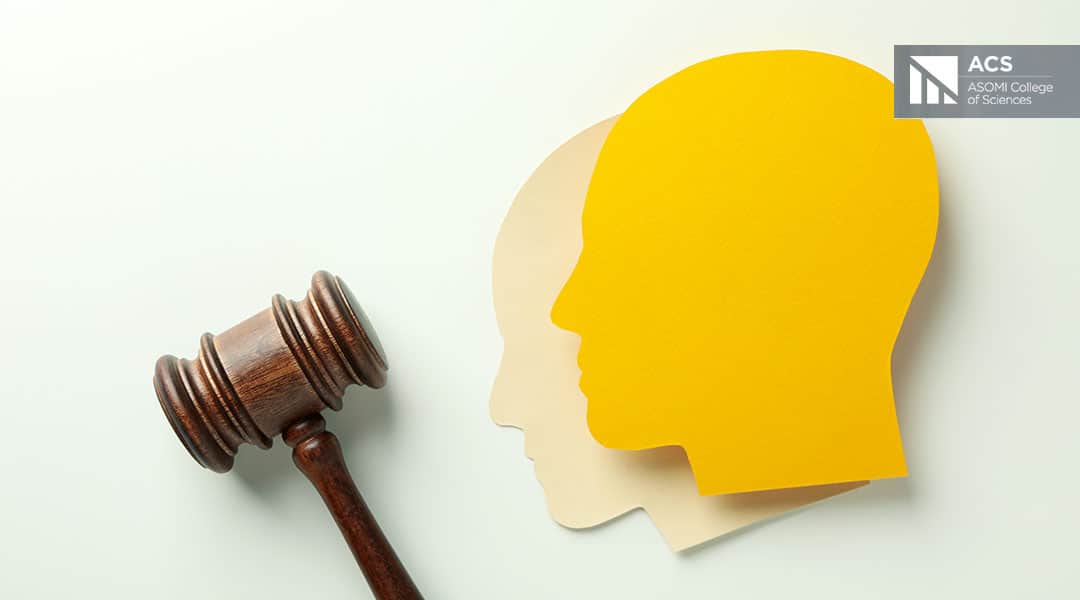ACS – ASOMI College of Sciences is engaged in social issues, including human rights. This article is on why higher education should be considered a human right everywhere, especially in developed areas such as the European Union or the United States. The supranational human rights framework and the United Nations recognise education as one of the bases of human rights, but this right often regards primary education only.
Human rights and education
Therefore, this article underlines the importance of post-secondary education for everyone: the disadvantaged or lower socio-economical groups and migrants. The critical target of providing higher education to all these groups is developing critical thinking and inclusion on both sides to fight the hostility and promote integration in the current globalised world.
Education in generic terms is a human right declared by the United Nations. But, while education as a human right is usually meant as primary, higher education is often left out in this discourse. In fact, in most developed – and some developing – countries, higher education is becoming a luxury item that most people cannot afford.
Higher education is the step of education that comes after the primary and secondary ones. Usually, it is up to the student whether to pursue a college or a university degree. So far, so good if it only were not for the cost. Some higher education institutions are asking for reasonable fees, while some are exceedingly expensive. Therefore, below is a quick overview of why higher education should be available to all people with capacity and merit.
All countries of all kinds (developed, developing, and underdeveloped) should understand that post-secondary education is a human right. The states owe it to their citizens, especially to the most in need. Indeed, disadvantaged and lower socio-economic groups often raise criminality and lower the level of wellness of a country because they do not have the economic means to access the highest levels of education.
The United States and Europe
Financial aid, scholarships, and loans are not enough; moreover, there are also many students from middle-class families who have worked a lot to access their dream college or university but who are unable to attend it because they are unable to pay taxes during the school year.
Moreover, the supranational human rights framework recognises education as a human right, but higher education is left out. While as, as long as developed countries are considered, the European Union recognises post-secondary education as a human right and does not consider primary, secondary, and tertiary educations as divisible units.
Nevertheless, even if the United States considers education as a human right, it does not apply this rule to the field of higher education. It is well-known that the costs for higher education in the United States are extremely high, which gives the reason for students to get loans, and graduates to begin their first job with the need to pay their debts.

Education and globalisation
Finally, we live in a constantly changing world that is undergoing globalisation progress, and higher education is the key to inclusion and peace. Internationalisation and globalisation are two main elements of the modern world, and these two include more and more migrants (the umbrella term “migrants” includes refugees and immigrants). This situation has given birth to hostility between migrants and the natives in the hosting countries.
Education is the most potent weapon to fight these negative vibes, train people to critical thinking, and help society promote inclusivity. For instance, the recent Syria refugee crisis is just one example of the importance of giving these people a chance at higher education. One day, the Syrian refugees should be able to go back to their country to rebuild it. Still, if most Syrians lack higher education, it will be difficult for them to rebuild their country while avoiding the spread of radical ideas.
A broader example is that of immigrants. Their inclusion in the society of hosting countries is crucial for peaceful cohabitation and action for fighting terrorism. The inclusion of immigrants and other refugee groups might seem scary to the locals because they might mistake it for uniformity, and they might fear losing their cultural identity.
The development of different ideas and points of view usually takes place in universities or colleges, and, generally, higher education develops critical thinking. Therefore, students are most likely to understand that there is nothing scary about someone from another country and/or religion. The migrants find it easier to feel included and not isolated in the hosting society. The higher education institutions can teach students the subject area of their choice and give human person and dignity for peaceful cohabitation.
In other words
Whether primary, secondary, or tertiary, education is a human right. Nevertheless, there are cases in which tertiary education is not perceived as a human right. Countries worldwide should guarantee higher education as a human right, as it is the key to having a prosperous and peaceful world.




